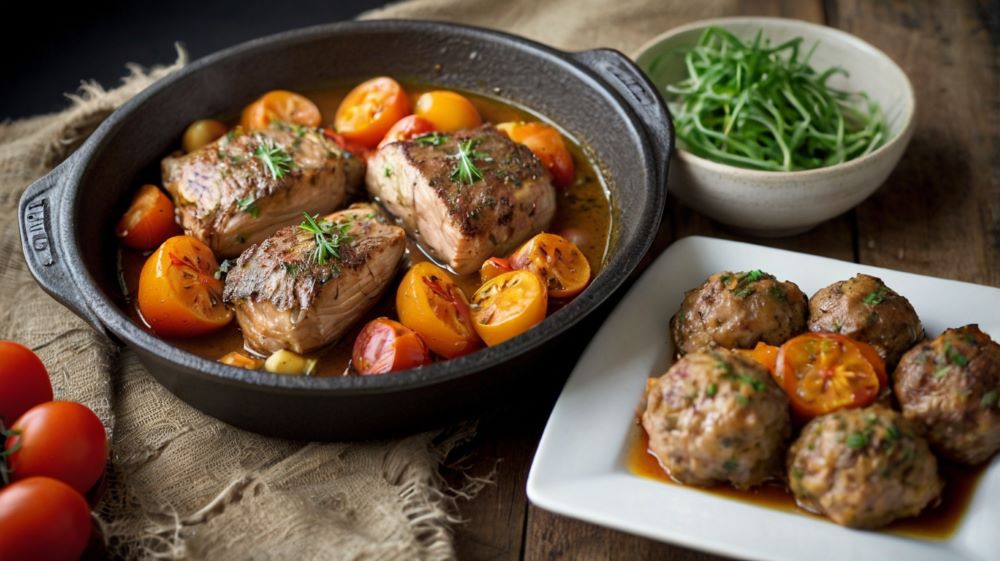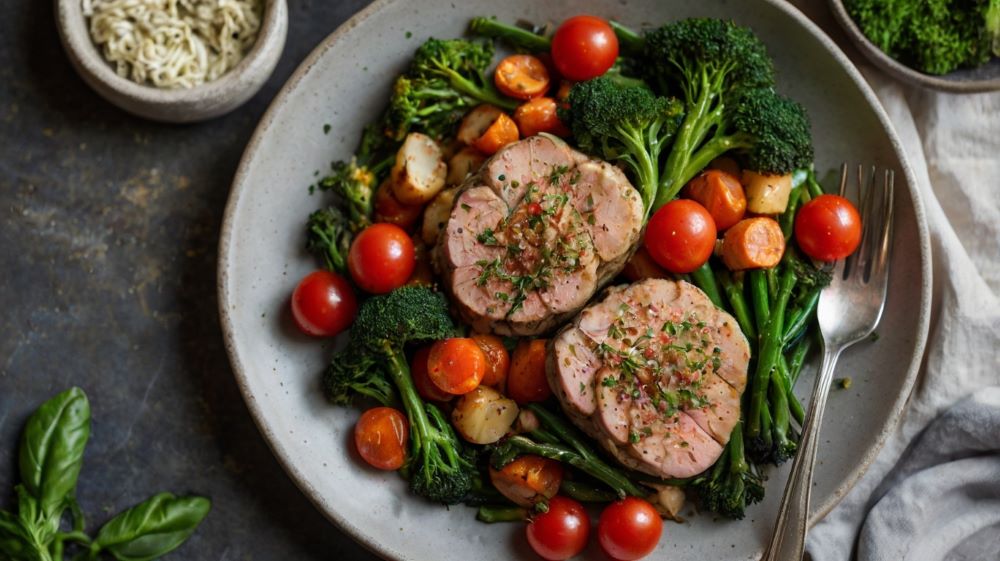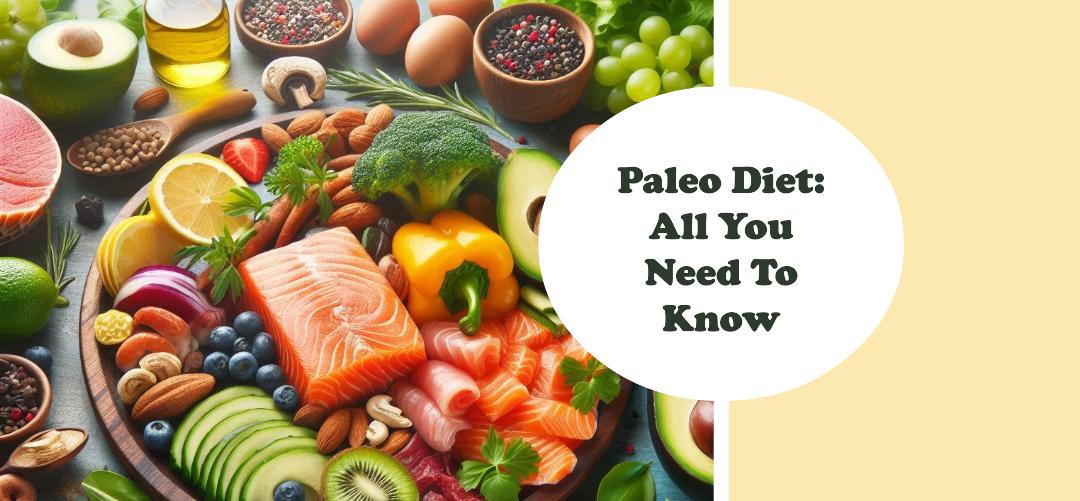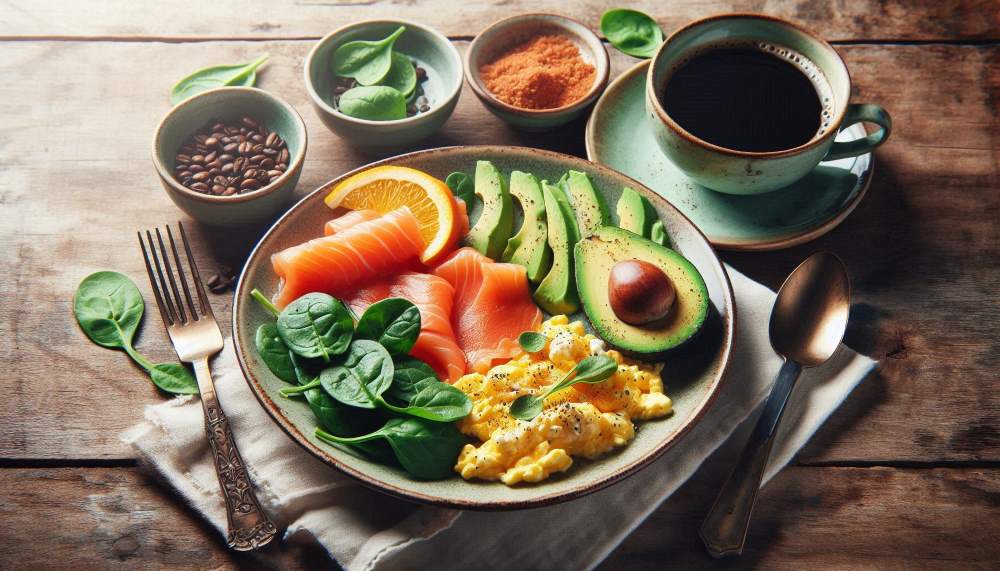What Can You Not Eat on the Paleo Diet: Forbidden Foods Unveiled
Are you considering trying the Paleo diet, but not sure what foods are off-limits? The Paleo diet, also known as the Caveman diet, is based on the idea of eating foods that our ancestors consumed during the Paleolithic era. This means avoiding processed foods, grains, legumes, and dairy products. By following the Paleo diet, you can improve your health, lose weight, and feel more energized. In this article, we will discuss the foods that you should avoid when following the Paleo diet.
1. Processed Foods
One of the main principles of the Paleo diet is to avoid processed foods. Processed foods are typically high in added sugars, unhealthy fats, and artificial ingredients. These include packaged snacks, fast food, soda, and frozen meals. Instead, focus on consuming fresh, whole foods that are nutrient-dense and free from additives.
2. Grains
Grains, including wheat, rice, oats, and corn, are not allowed on the Paleo diet. These foods are rich in carbohydrates and can cause spikes in blood sugar levels. Additionally, grains contain anti-nutrients such as phytic acid, which can interfere with nutrient absorption. Instead, opt for grain-free alternatives like almond flour, coconut flour, and cauliflower rice.
3. Legumes
Legumes, such as beans, lentils, and peanuts, are excluded from the Paleo diet. While legumes are a good source of plant-based protein, they also contain lectins and phytates, which can be hard to digest and may cause inflammation. If you’re looking for protein sources on the Paleo diet, focus on lean meats, poultry, fish, and eggs.
4. Dairy Products
Dairy products, including milk, cheese, and yogurt, are not part of the Paleo diet. Many people have difficulty digesting lactose, the sugar found in milk, which can lead to digestive issues. Additionally, dairy products can be high in saturated fat and contribute to inflammation. If you’re craving something creamy, try using coconut milk or almond milk as a dairy-free alternative.
5. Sugar
Added sugars, such as table sugar, honey, and maple syrup, should be avoided on the Paleo diet. Sugar consumption has been linked to numerous health issues, including obesity, diabetes, and heart disease. Instead of sweetening your foods with sugar, opt for natural sweeteners like stevia or fruit.
6. Vegetable Oils
Vegetable oils, including soybean oil, corn oil, and canola oil, are highly processed and contain high levels of omega-6 fatty acids. While omega-6 fatty acids are essential, an imbalance between omega-6 and omega-3 fatty acids can lead to inflammation. Instead, use healthier cooking oils like olive oil, coconut oil, or avocado oil.
7. Artificial Ingredients
Artificial ingredients, such as artificial sweeteners, preservatives, and food colorings, should be avoided on the Paleo diet. These additives have been linked to various health issues and are not part of a natural, whole-foods diet. When shopping for ingredients, read labels carefully and choose products with minimal ingredients.
8. Alcohol
Alcohol is not considered Paleo-friendly due to its high sugar content and potential negative effects on health. While moderate alcohol consumption may have some health benefits, it is not recommended on the Paleo diet. If you choose to drink alcohol, opt for red wine in moderation.
9. Processed Meats
Processed meats, such as bacon, sausage, and deli meats, are often high in sodium, preservatives, and unhealthy fats. These meats have been linked to an increased risk of various health conditions, including heart disease and certain types of cancer. Instead, choose grass-fed, organic meats and consume them in moderation.
10. High-Sugar Fruits
While fruits are generally considered healthy, some fruits are high in sugar and should be limited on the Paleo diet. Examples include bananas, grapes, and tropical fruits like mango and pineapple. Instead, choose lower-sugar fruits like berries, apples, and citrus fruits.
In conclusion, the Paleo diet encourages the consumption of whole, unprocessed foods while avoiding grains, legumes, dairy products, added sugars, vegetable oils, artificial ingredients, alcohol, processed meats, and high-sugar fruits. By eliminating these foods from your diet and focusing on nutrient-dense options, you can optimize your health and well-being. Remember, always consult with a healthcare professional before making any significant dietary changes.
Frequently Asked Questions
What Foods Are Not Allowed On The Paleo Diet?
Foods not allowed on the Paleo diet include grains, legumes, processed foods, and refined sugar.
Can I Eat Dairy Products On The Paleo Diet?
Dairy products are generally not allowed on the Paleo diet due to their high lactose and casein content.
Are Artificial Sweeteners Allowed On The Paleo Diet?
Artificial sweeteners are not allowed on the Paleo diet as they are considered highly processed and not natural.
Can I Consume Alcohol While On The Paleo Diet?
Alcohol consumption is generally discouraged on the Paleo diet due to its potential adverse health effects.





